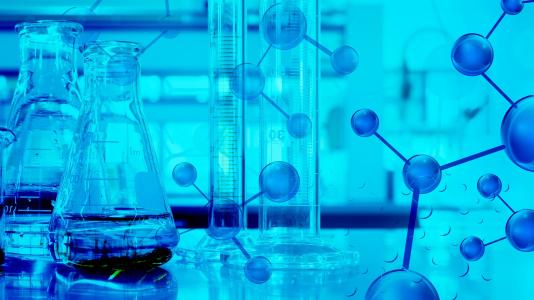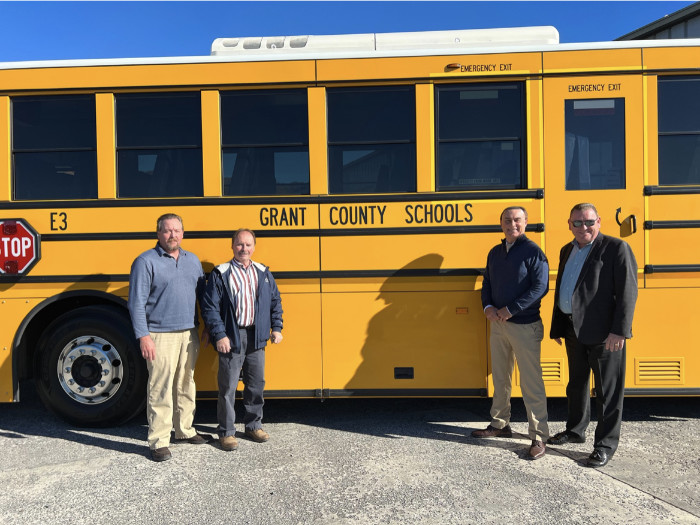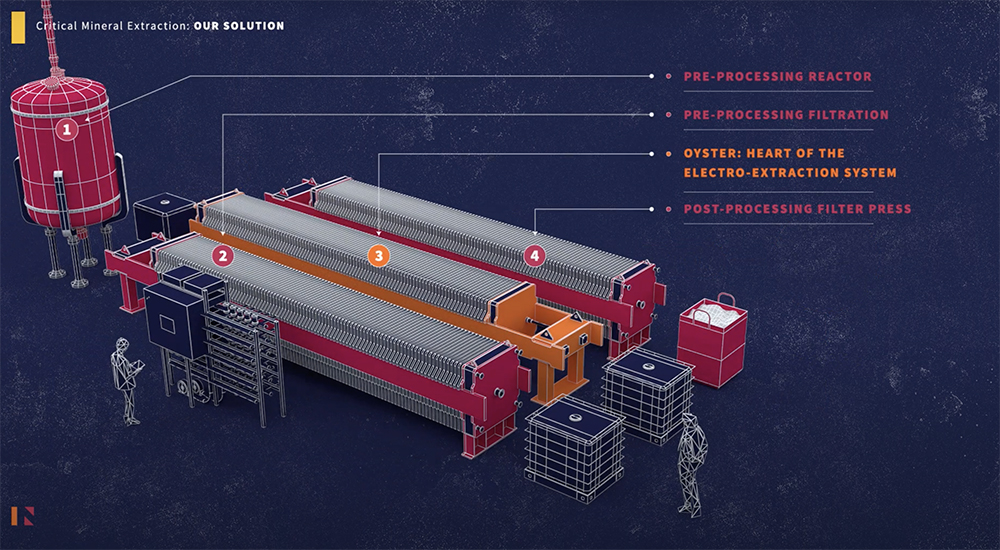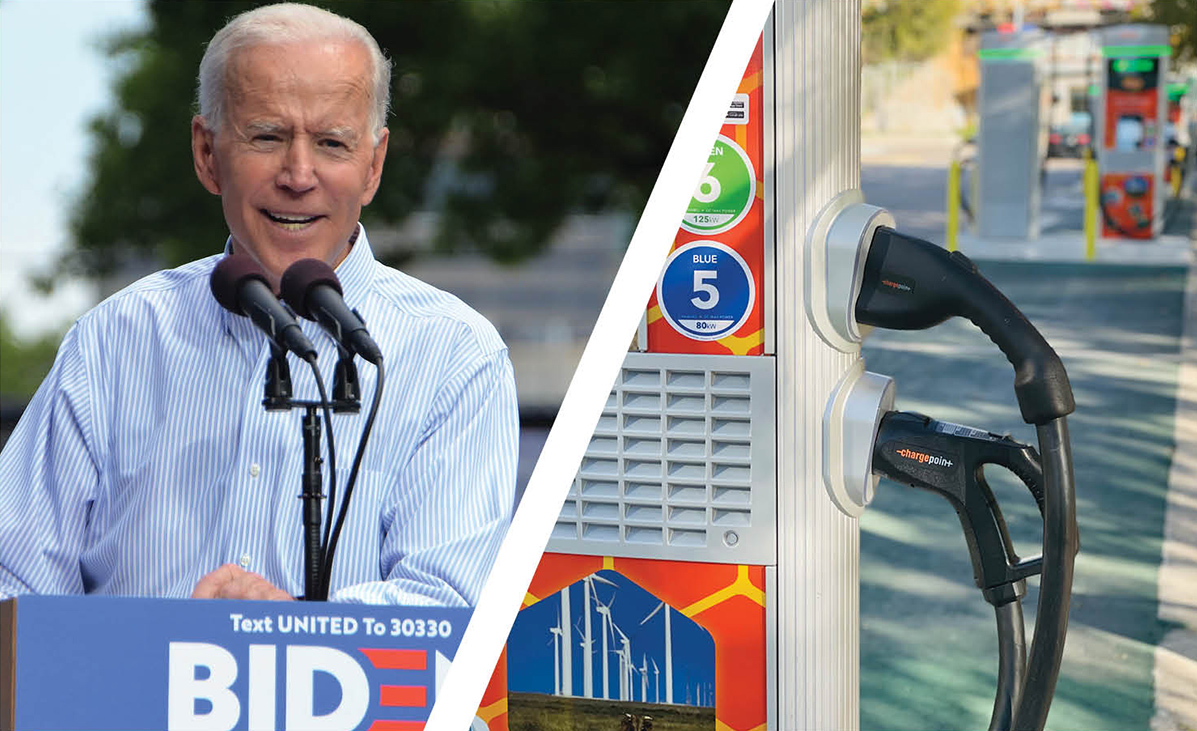[ad_1]
Researchers at the DOE’s Argonne National Laboratory have collaborated with sorbent development company NUMiX Materials to investigate the use of a process called capacitive deionization to recycle automotive batteries and produce biofuel.
Capacitive deionization separates nickel, manganese and cobalt from other battery materials by relying on their electrical charges. According to Argonne Environmental Engineer Lauren Valentino, capacitive deionization has advantages for recycling different kinds of automotive batteries, including compatibility with different materials and operating strategies when flow rates and operating times are managed.
Researchers are also working on making hydrocarbon biofuels through capacitive deionization. After the process selects negatively charged molecules, they can be converted into renewable diesel or sustainable aviation fuel.
“We are just beginning to explore the different ways in which more efficient separations can make transportation more sustainable,” Valentino said. “There’s still much we have left to discover.”
The research was partially funded by the National Science Foundation.
Source: Argonne National Laboratory
[ad_2]
Source link




